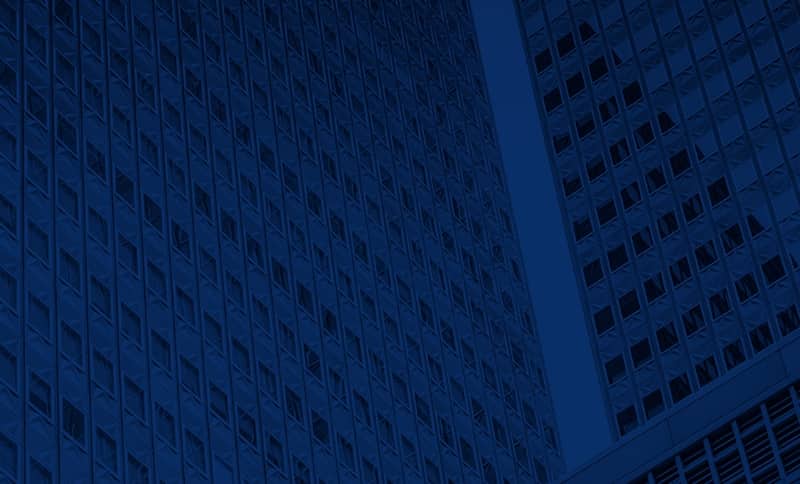Insulation defects may cause homes to be energy inefficient
Heating and cooling a house can be expensive for Texas homeowners. To help property owners control costs and keep their homes comfortable, today’s builders employ a variety of insulating tactics. Consequently, many modern homes are naturally more energy efficient than older ones.
Insulation defects may cause a home to be energy inefficient. Not only may you pay more in heating and cooling costs, but insulation deficiencies may also affect the value of your home. These defects usually occur for just three reasons.
1. Inferior products
Home insulation has improved significantly in recent decades. Still, some products are simply better than others. If a builder uses an inferior insulation or one with a low R-value, it may not provide sufficient protection during temperature swings.
2. Faulty design
When designing homes, builders must take steps to slow convective and conductive heat flow. They do so by including thermal barriers in their plans. If a plan does not have the correct insulation for the application, the home is not likely to be energy efficient. This may be true even if builders use quality products.
3. Poor installation
Builders should follow the recommendations of the manufacturer when installing insulation. They should also comply with applicable building codes. Spreading insulation too thin, excessively compacting insulation or leaving spaces uninsulated may leave a home vulnerable to heat loss.
Determining if poor installation or another insulation defect is the cause of your home’s energy inefficiency may require a comprehensive inspection by a certified inspector. If an inspection uncovers a defect, you may have options for remedying the problem and protecting your investment.
